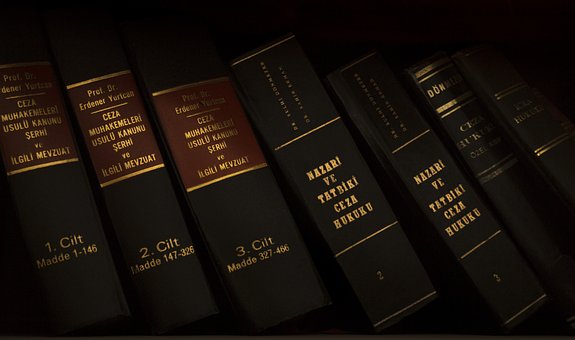
Germans use the name Deutschland to refer to their country which is an endonym. This word can be divided into Deutsch and land where Deutsch is derived from Diutisc in Old High German and means ‘of the people and land means land. Thus, the word has a meaning similar to ‘the people’s land’. So, people from Deutschland speak Deutsch.
Now let us understand how this word Deutsch is derived.
This disk from Early Medieval changed to Deutsch in late Medieval which became Deutsch. This is the language that was spoken by people in the Germanic regions that are differentiated from formal Latin which originated with the Romans. All Germanic languages adopted variations based on these roots.
Deutsch vs German
If you are speaking in Germany to Germans you are speaking in Deutsch, whereas when you are using German to speak to anyone outside German the language you use in German. This brings us to the point that both mean the same, the difference lies in where and who is speaking it.
Let us know a few important things about the German language or Deutsch
It belongs to the West-Germanic language group and is the official or co-official language of Germany, Austria, Switzerland, Liechtenstein, the Italian province of South Tyrol, Luxembourg and Belgium.
It also has similarities to other West-Germanic languages such as Afrikaans, Dutch, English, Frisian languages, Low German and Yiddish.

Deutsch is the language spoken by almost 95 % of people in Germany and if you would like to study or work in Germany, you need to clear at least the A1 level of the German proficiency exam.
It is also a major language of the world, the most spoken native language in the European Union and has approximately 135 million speakers across the world.
It is also the second most commonly used scientific language in the world.
It can be your gateway to a world-class education.
Here are some fun and interesting facts about the German language
Extensive long words are used in this language.
Certain German words cannot be translated into other languages.
The same word can have different meanings based on the context it is used in.
German or Deutsch has its own sharp ‘s’ denoted by ß which is known as scharfes ‘s’ or Eszett in German.








